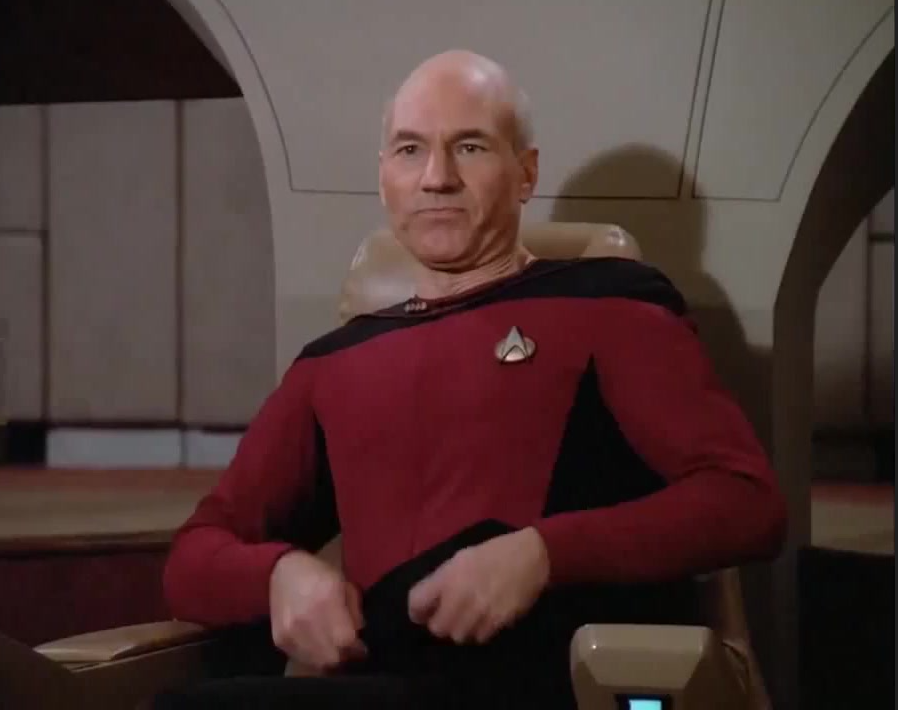I DM’d a group that tried to optimize every situation, and every turn off combat. That’s okay as long as it stays fun, but once they start spinning their wheels, or one player turns combat into a slog, then I take measures.
Outside of combat, that means the real world keeps ticking along. Usually that just means NPCs ask the PCs to stop blocking the street, or a beggar starts asking for money, or the person they’re chasing fades further into the distance.
Combat in 5e can be a slog (even with the usual DM busywork), so I’ll give players a visual countdown and then move their turn to after the next character in initiative order. As soon as they start doing something, I stop, but I want to set the expectation that this is a high stakes scenario and they need to keep up with the pacing.
I’ve spoken with my players and they’re cool with it.
My party tends to try to optimize starting positions, and it makes sessions kinda long. Last session, I decided I would add extras to a boss fight that would aid the players during the fight. The players started debating what the best approach would be after successfully sneaking into an already good position.
Decided right then and there that the extras were red shirts. While the players were debating, I interjected saying that one of the zombies took a chunk out of one of the gunmen (one of the extras). The energy in the call heightened immediately and they started to frantically make a battle plan and triggered the fight quickly.
I’m thinking I’ll start doing that more often. Adds narrative weight to their dilly dallying.
Adds narrative weight to their dilly dallying.
I feel like it brings immediacy. The players need to focus and participate because events are coming fast and furious.
I’ve got optimizer tendencies, but we’ve also got another member who is 100% “What would my character do in this high stress situation with the knowledge they have” and I’ve found myself leaning that way during combat more and more.
I will still scrutinize everything outside of combat though, and I’m thankful for the IRL time pressure to get me out of that.
I think there can be some intra-group tension when half the group is going for “how can we win this fight cleanly with minimal resources spent?” and half is going for “what would my character do? What would be dramatic?”
It’s something to clear up in session 0, I think.
My personal fantasy right now is being part of a highly skilled and competent team. I’m tired of always being the three stooges.
Also bad: when part of the group wants to play for clean victory, and part of the group does but it really bad at it.
I DM’d a group that tried to optimize every situation, and every turn off combat. That’s okay as long as it stays fun, but once they start spinning their wheels, or one player turns combat into a slog, then I take measures.
In my experience (and from what I’ve heard of other groups) optimisers are rarely the cause of this problem, usually it’s the more casual or inexperienced players.
I don’t always run a timer, but it is a tool in my box.
Mostly it comes out when I feel like the players are spinning their wheels. Like, they know they need to get into the server room on the 10th floor. There’s a front door with security, a back door with an alarm, etc. The players are just going round and round with ideas but not doing anything.
I’ll say “I’m starting a five minute timer. If it hits zero, something interesting will happen”.
If it hits zero and they’re still stuck, then as foretold something interesting happens. A rival group rolls up and firebombs the entrance before heading inside. A security drone spots them and is calling the cops. Whatever. Something that forces them to act.
In combat rounds I sometimes do the same, but only if it feels like they’re not making progress. Maybe it’s a little rude sometimes, but I value keeping the scene moving forward. I don’t want to keep spending three minutes on “should I move? How far can I move again? Is there a range penalty? What if I use a spell first can I still shoot?” stuff. Especially if it’s rules minutia they should already know.
The amount of times I had to remind an old group’s bard that yes, in DND 5e you can move AND take an action was too high.
I like shenanigans characters, where you always have a trick up your sleeves. I’m not a super-powerful D&D character in real life, so it will take me a moment to come up with those tricks and put them in my sleeves. As such, I think of turn timers as a problem, not a solution.
I saw advice which was just that, whenever someone starts their turn, give a nudge to the person next down the line. That way, they’ll have more time to plan before their turn starts, and it’s not like they were doing anything then anyway. Way better.
I am totally planning my next turn the moment I finish one. It sorta stinks because someone does something and its like. shit. that derails my plan.
But at least then you still have the broken remnants of what used to be a plan, that you can adapt off of.
One of the players in my game consistently waits until his turn comes up before he even surveys the map and begins forming a plan, and I’m about to kick him out of the game about it. We cover an average of two rooms of exploration per 4-5 hour session because of this.
The idea of a timer is that you already do that, so that you’re ready to go when yours comes up.
And I don’t know any GM who won’t give you a break from the timer if the person who went before you changed something huge. Like, if someone summoned a demon, you blew up a bridge, you get some extra time to work out a new turn…
That’s not the point of the timer. The point of a timer is to cut off people taking too much time. As a side effect, people are pre-planning their turns so they don’t get cut off by the timer. The solution is the pre-planning, which does not need a timer, nor is it a guaranteed result of a timer.
There was a problem, and in trying to fix it, the DM created a second problem. The players then found the actual solution to the first problem to avoid the second. The DM then took credit for fixing the problem.
Do you remember that episode where Homer became Mr Burns’ assistant, and was so bad that Mr Burns became more independent so he wouldn’t need Homer’s help? It’s basically like that.
This was a weirdly aggressive comment.
The solution is the pre-planning, which does not need a timer, nor is it a guaranteed result of a timer.
You cannot make players pre-plan. The timer encourages pre-planning, or at least rapid decision making on the fly. Both have the desired result of the game moving at a quicker pace.
It also has the benefit of creating an impartial tool for measuring, instead of relying on subjective “You’re taking a long time.” It is harder to argue with a clock. This is an advantage.
There was a problem, and in trying to fix it, the DM created a second problem.
What is the second problem?
I don’t really get how my comment is aggressive, since all I did was point out a type of problem GM. There’s a suspiciously defensive reply to it that tries to paint it as aggressive, but I disagree.
Yes, you can make players pre-plan. You nudge them.
The timer encourages speed by penalising a slow, methodical approach. You might avoid the penalty by pre-planning, or you might avoid it by taking a simpler action every time. Both make the game move faster, but one makes the game less fun, especially for players like me who enjoy a good shenanigan.
Why does it matter how much time everyone takes? Outside of an argument that shouldn’t happen in the first place, why would you need to know? Remember that everyone’s moving at a different speed because there’s a timer, so you can only measure post-timer, not pre-.
The GM tried to fix long turns by bringing in a timer. The first problem is the long turns, and the second problem is the timer. Pre-planning solves the problem of there being a timer.
Yes, you can make players pre-plan. You nudge them.
No amount of nudging will make some players do anything. Some players are obstinate and frankly not very good, but honestly the solution to “this player won’t stop looking at their phone and their turns take forever” may be to remove them from the group.
Why does it matter how much time everyone takes?
I don’t want to wait 5 minutes for someone to dither and dither and finally decide “I attack”
A turn timer?? I’m out.






